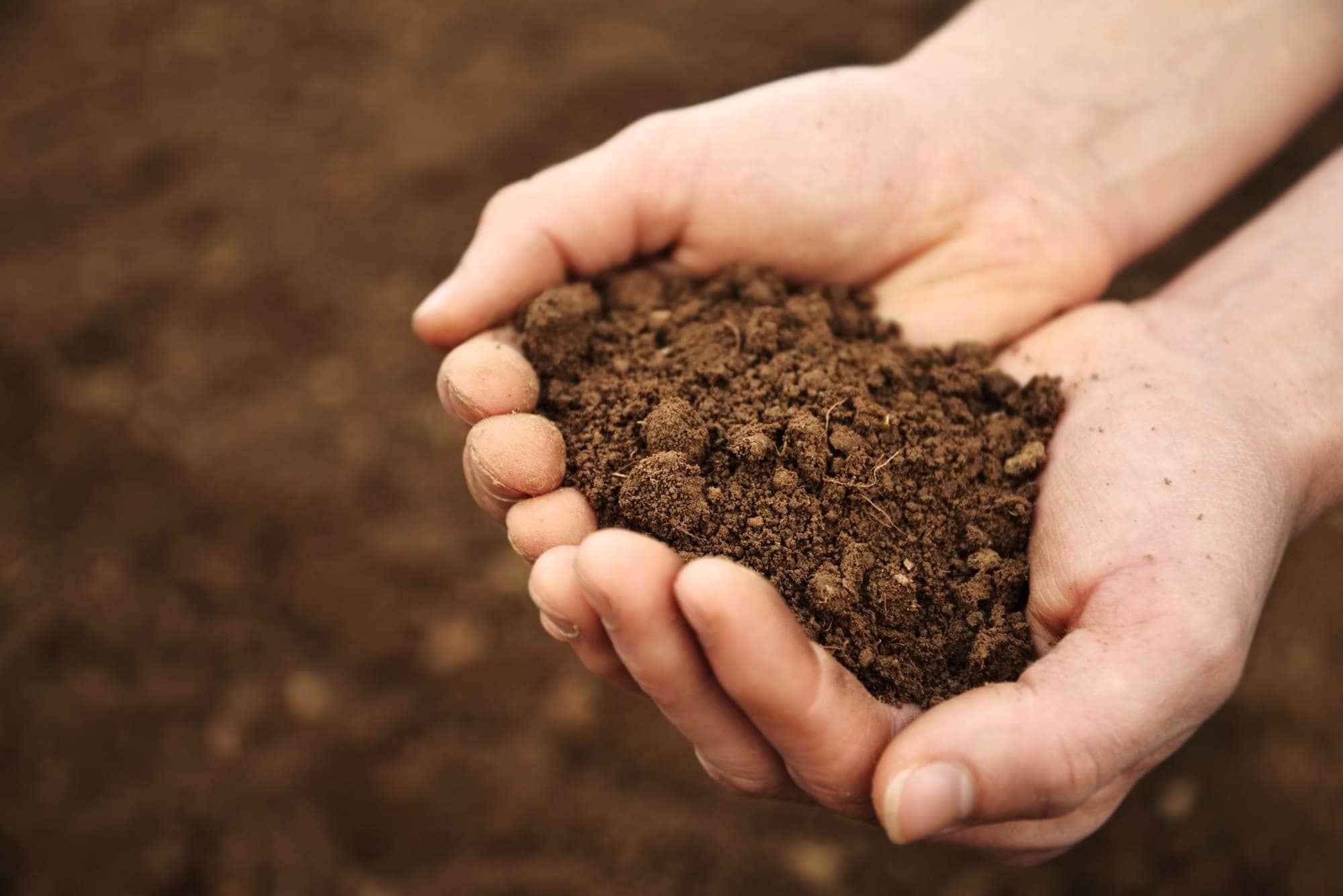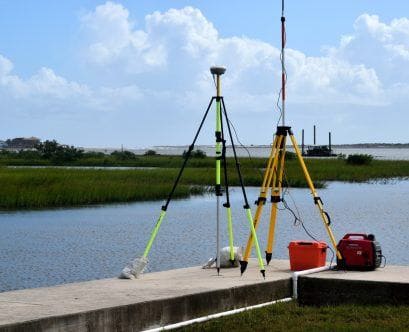How does your garden grow? It can depend on the soil.
A range of variables can affect soil fertility, or how well the soil can sustain plant growth. Fortunately, if you need that information, there’s a simple solution: garden soil testing.
Here are three helpful things that soil testing can tell you.
1. Learn What Nutrients Are in Your Soil
One of the main benefits of soil testing is learning the levels of existing nutrients in your soil. Different plants thrive in different soil environments, so it’s crucial to know the makeup of your soil.
Not only can soil testing tell you what nutrients are in your soil, but it can also tell point out any deficiencies that may make growing things difficult. The main nutrients necessary for soil fertility are nitrogen, phosphorus, and potassium.
Once you know that, you can more easily identify the right fertilizer to use, which is an essential part of correcting any nutrient deficiencies.
Another reason to find a company to help you conduct a garden soil test? It can also help you conserve energy because you can learn the appropriate amount of fertilizer to you.
2. Garden Soil Testing Can Tell You the Soil’s pH Value
Garden soil testing can also tell you how acidic your soil. The pH value of soil can affect how well a plant grows, and certain plants thrive in different acidity levels. In general, though, a pH level of 6.5 is what you should shoot for.
That’s because most plants grow best in the 6.0 to 7.0 range. If a soil test reveals that your pH level doesn’t fall within that range, then it will help you figure out a way to fix the problem.
Soil amendments, which improve soil’s physical condition, are generally used to make those adjustments. Garden lime, for example, is a soil amendment that is frequently used to reduce soil acidity.
Garden lime is the soil amendment frequently used to reduce soil acidity. Once you’ve achieved the right soil pH value, you can continue to conduct soil testing every one to three years, or as any problems arrive.
3. Identify Any Toxic Materials
Garden soil tests can be a great tool to ensure that there are no toxic elements in the soil. This can be especially necessary in urban areas, where previous industrial activity or improper waste disposal may have led to soil contamination.
For example, owners who live in older homes that may have used lead-based paint will want to check for lead contamination. This can occur after case lead-based paint chipped off the house and into the soil.
If your property is near a road, then testing for contamination is an important step to take.
Try Soil Testing Yourself
Garden soil testing can be an invaluable service when it comes to learning more about what’s in your soil. By helping you identify the pH level and any nutrient deficiencies, you can make educated decisions to improve your soil’s fertility.
To learn more about the benefits of soil testing, contact us today.






